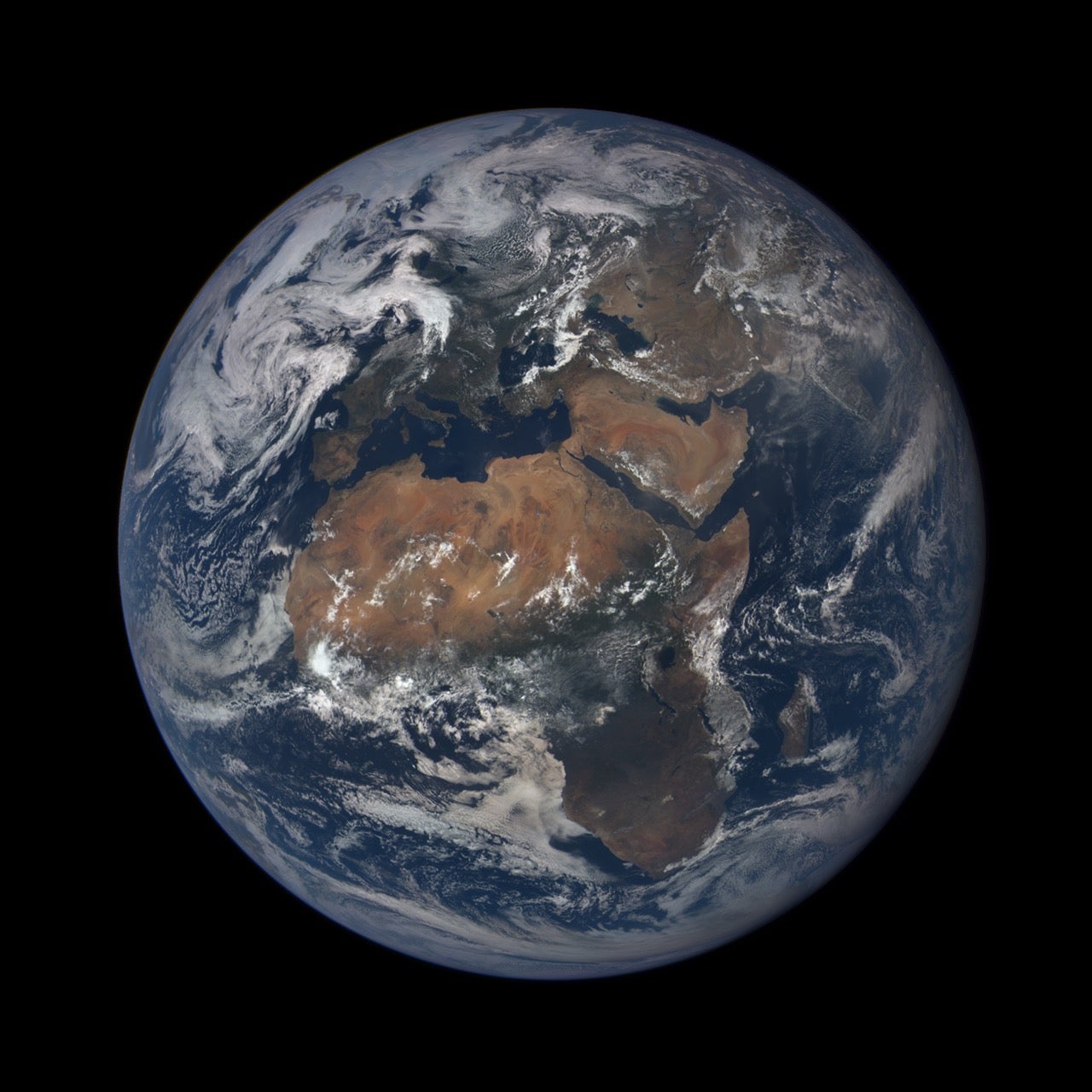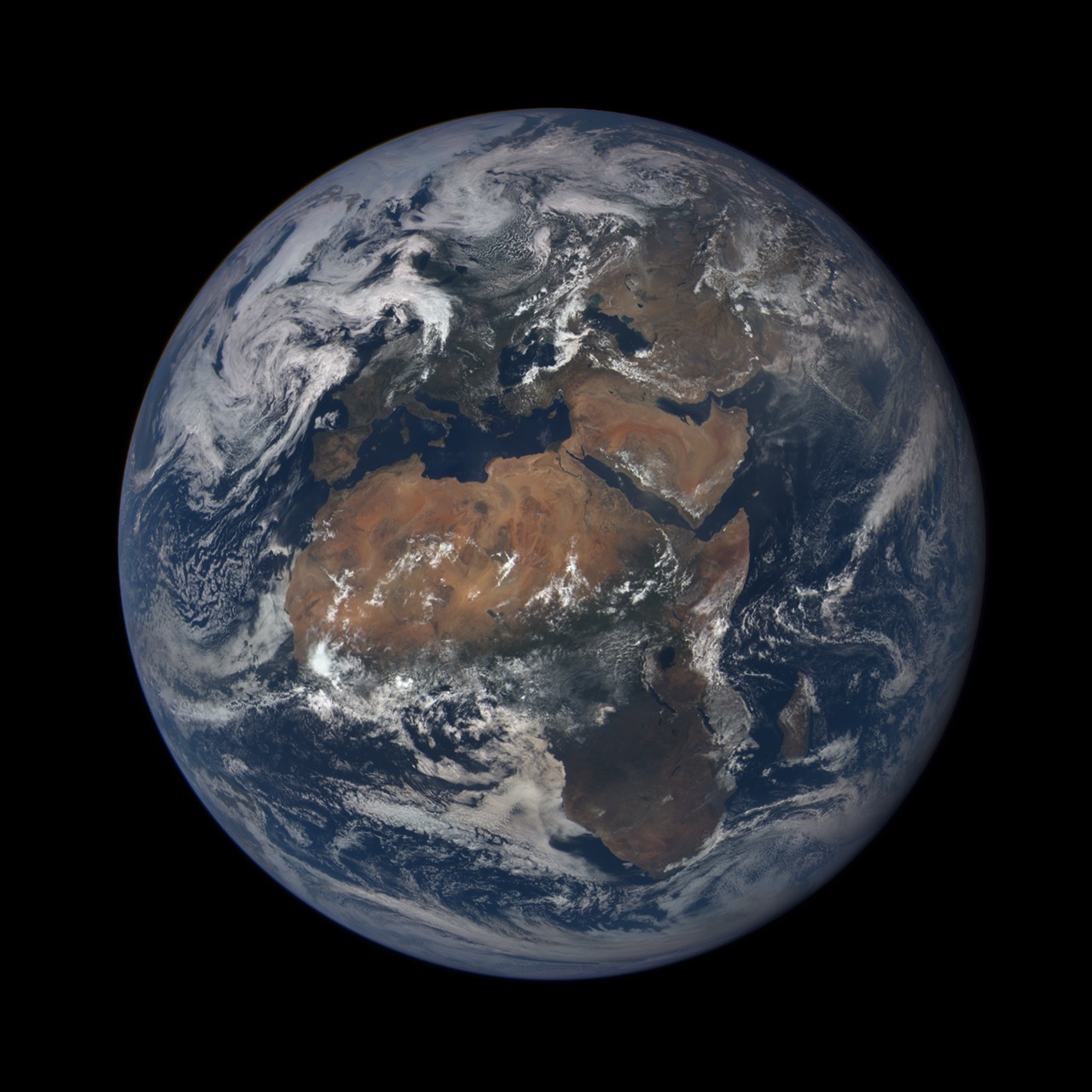If Earth let all its extra quarter days add up, we’d quickly be celebrating the 4th of July when it’s snowing.

Earth, as seen from space. Credit: NASA.
Happy leap year! Feb. 29, 2024, is leap day and marks an ongoing, longstanding correction to the calendar we use.
In most years, our calendar contains 365 days. But Earth actually takes 365.2422 days (let’s call it 365¼ days) to orbit the Sun. As you might imagine, if we let these quarter days add up, we’d quickly be celebrating the 4th of July in America when it’s snowing.
So, we add a full day every four years … almost. A year that’s 365¼ days long actually is 11 minutes longer than Earth’s actual orbit. That means we need additional corrections from time to time. To refine our calendar even further, all years evenly divisible by 400 are not leap years.
By the way, the first one added to the month of February occurred in the year 8 A.D. The most recent leap year (before this one) was in 2020.
There’s also leap seconds. These are not as predictable as leap years and exist because the Earth spins slightly faster now than 50 years ago.
As Kate Golembiewski writes, “The International Earth Rotation and Reference Systems Service keeps tabs on how quickly the planet spins by sending laser beams to satellites to measure their movement, along with other techniques. When the time plotted by Earth’s movement approaches one second out of sync with the time measured by atomic clocks, scientists around the world coordinate to stop atomic clocks for exactly one second, at 11:59:59 pm on June 30 or Dec. 31, to allow astronomical clocks to catch up. Voila — a leap second.”
This article was first published in 2016 and has been updated.

